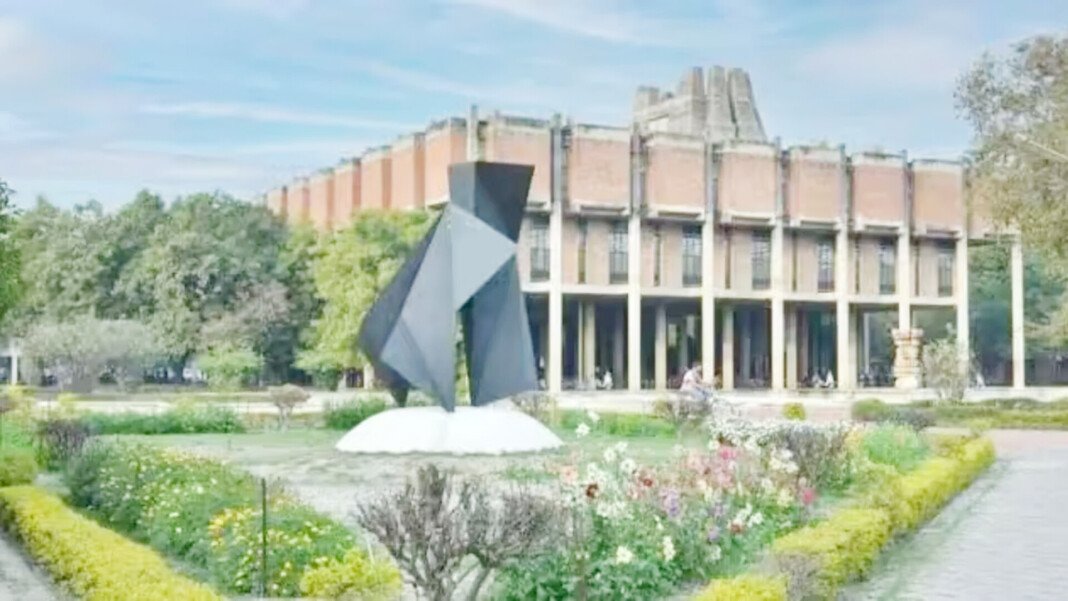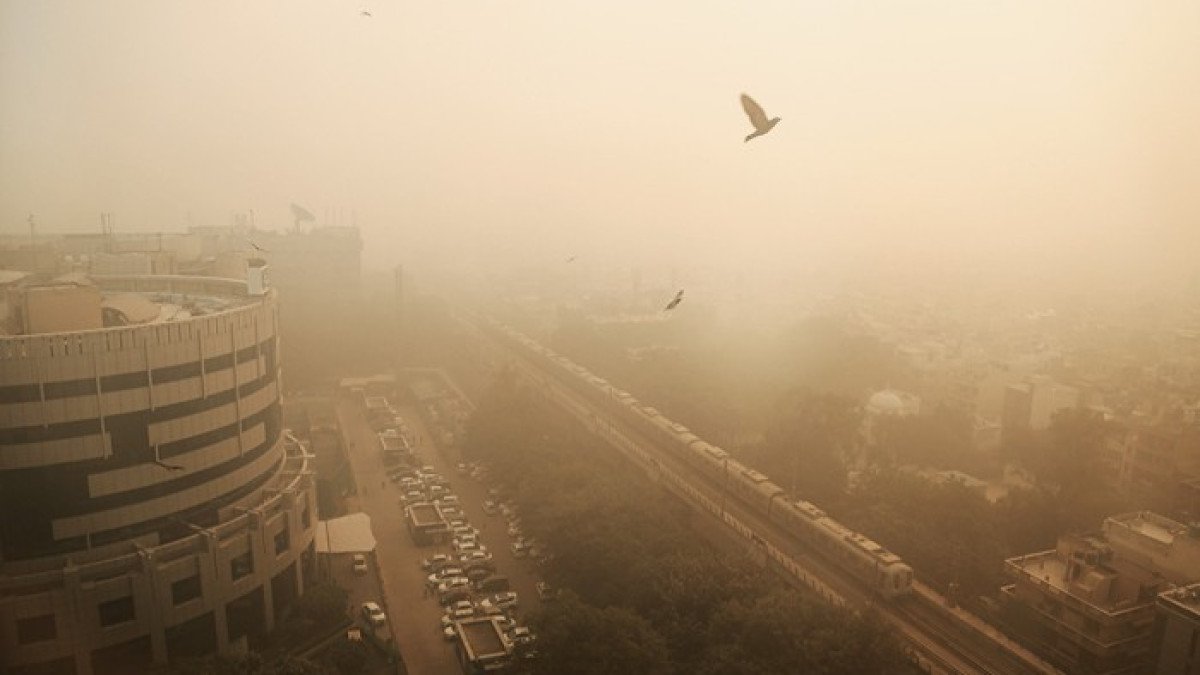NEW DELHI, Dec 8: An indigenous PM2.5 sensor designed for affordability and scalability is being developed to address the Global South’s air quality challenges, Professor S N Tripathi, Dean of the Kotak School of Sustainability at IIT-Kanpur, said.
The sensor is being developed by the Airawat Research Foundation at IIT-Kanpur, with a demonstration planned by mid-2025 and a market launch expected in early 2026, he said.
“This cost-effective solution encourages community participation, enabling the collection of real-time, granular air quality data. Such data can help government departments pinpoint pollution sources and implement localised, just-in-time interventions,” Professor Tripathi told PTI.
He highlighted the stark disparity in air quality monitoring infrastructure, with many rural areas going unmonitored.
He proposed a suite of technologies, including portable air quality sensors, mobile Real-Time Source Apportionment (RTSA) labs, and drone-based vertical profiling, to address this gap.
The innovations aim to provide detailed, accurate data for decentralised policy actions tailored to local conditions, he said.
At the Kotak School of Sustainability, efforts are underway to integrate sustainability into educational curricula and research initiatives, he said.
The professor said that the school draws on principles like ‘Rta’ (harmony with nature) and ‘Aparigraha’ (minimalist living) from ancient Indian texts, combining them with artificial intelligence and large language models.
“We aim to create transdisciplinary education essential for addressing complex challenges like climate change. From revising school curricula to introducing an MTech programme in climate and sustainability, we’re working to embed sustainability at every level of education,” Tripathi said.
The school is also leveraging partnerships with AICTE and NCERT to make sustainability a central theme across the Indian educational framework.
“We’ve developed AI models to forecast CNG demand and optimise truck routing in cities like Ahmedabad and Rohtak. Such solutions are being adapted for government agencies and other urban contexts,” Tripathi said.
A notable achievement is the use of ‘Digital Twin’ technology to create digital replicas of real-world systems, he said.
In Bengaluru, a traffic flow model, developed as a pilot project, is capable of forecasting congestion and optimising infrastructure planning, such as metro line routes, he said. (PTI)












